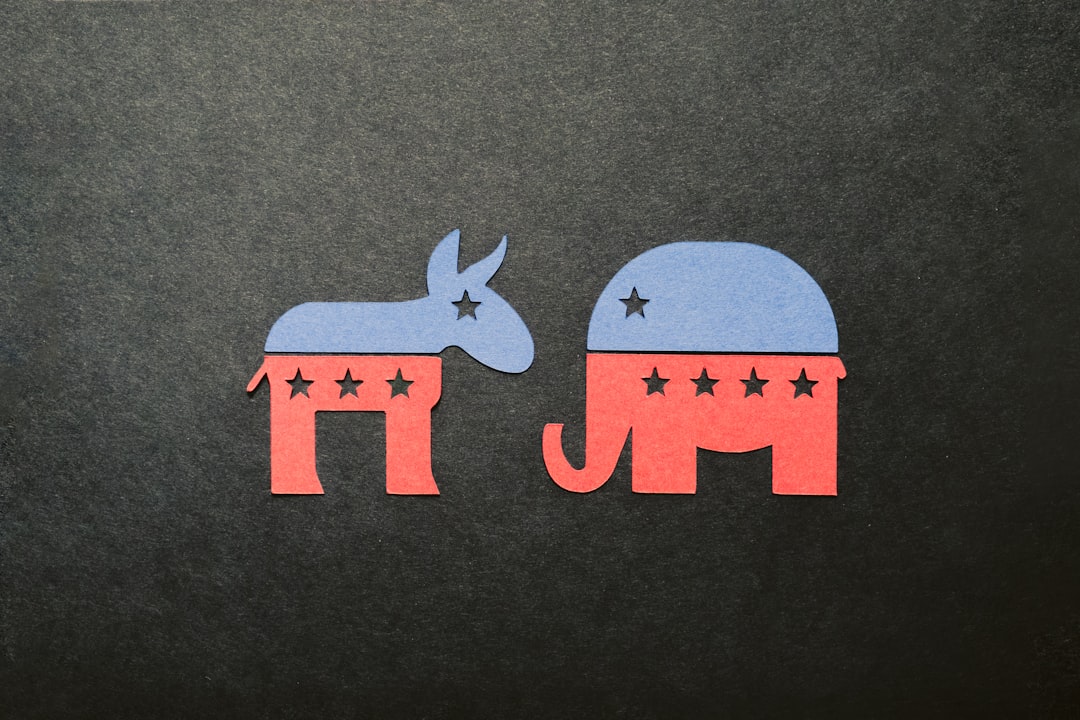'Young Americans don’t want to live in a place where they have fewer rights than their parents did': This spring's Harvard IOP Youth Poll offers new insight into the psyche of Gen Z
With 2024 on the horizon, youth support for President Biden has dipped. Trust in SCOTUS is waning (especially for young females), and nearly half of young Americans have felt unsafe in the past month.

The Harvard Institute of Politics released its spring 2023 youth poll today, one of two biannual surveys the group conducts of young Americans ages 18-29.
The survey offers key insights into the crucial voting bloc just one day before President Joe Biden is reportedly set to announce his reelection campaign.
Of the many takeaways from this spring’s poll, here are some of the top lines:
Youth support for President Joe Biden has slid to 36% this spring from 39% last fall and 41% last spring.
This number is lower than President Barack Obama’s was at this point in his presidency, but higher than President Trump’s was at the same point.
Youth trust in the Supreme Court of the United States is waning. Just 33% of young people trust SCOTUS “to do the right thing” most or all of the time, whereas 43% said the same in 2018 (just five years ago).
That number has especially dropped amongst young females. In 2018, 40% of young females trusted SCOTUS, today 28% of young females say the same.
On safety and homelessness:
About half (48%) of young Americans say they have felt unsafe in the past month.
40% fear becoming a victim of gun violence.
27% fear becoming a victim of sexual assault.
24% fear becoming a victim of a hate crime.
32% fear they could become homeless one day.
On mental health:
47% of young Americans said they have felt “down, depressed, or hopeless”
44% say they have been bothered by loneliness
You can see the full poll here, thanks to Director of Polling John Della Volpe, IOP Director Setti Warren, and the entire Harvard IOP Youth Poll team.
During a press call about the survey this morning, I asked the poll’s student leaders what they believe is missing from the national conversation about young people as voters, as the 2024 season kicks into high-gear.
Though a minority of young people said they trust the federal government to “do the right thing” most of the time and while they expressed concern over a number of critical issues like safety and housing and are struggling with their mental health, according to Ethan Jasny, the student chair of the Harvard Public Opinion Project, “What’s behind that are real tangible things that can be changed.”
He stressed the interconnectedness of many of the issues young people are concerned about and their mental health.
“Because these deeper issues are rooted in policy, gun legislation, housing legislation, that means that young Americans recognize that they can influence change, and so even though, I think there’s a lot of pessimism about political efficacy, young Americans see that there is a real connection between politics and their lives. They’re counting on politicians to be able to make that connection for them. And as long as that fails, that leaves young Americans in a tough spot. But it leaves opportunities for them to engage,” Jasny said.
Beyond that, young Americans are acutely aware that the country looks quite different than it did for our parents generation.
“As long as there continue to be attacks from the Republican side on issues like abortion, on lack of legislation for guns, on voting rights as well, that’s also an important motivator to vote because young Americans don’t want to live in a place where they have fewer rights than their parents did,” Jasny said.
Some thoughts
I was recently asked my high level takeaway when it comes to the youth voter space.
While that’s a lofty question, I tried my best to say that big picture, it seems to be that young people are acutely aware of the multiple crises most impacting their day to day lives (gun violence, climate change, college affordability and the cost of life my broadly, party polarization, and the way each of these intersects with young people’s mental health), and yet that awareness doesn’t always translate into electoral politics.
Why not?
Well, I said, there seems to be a lack of trust in government and this overarching belief that even when young people do vote (like they’re told they’re supposed to do) these issues persist.
Today’s poll offers new insight into the current psyche of Gen Z and confirms that young people are dubious of, and yet curious about, the institutional levers of government and their effectiveness. While they don’t trust the systems that be, they aren’t disengaging.
And as Jasny put it, until politicians start to act in young people’s interest, that sense of disillusionment likely isn’t going away.




